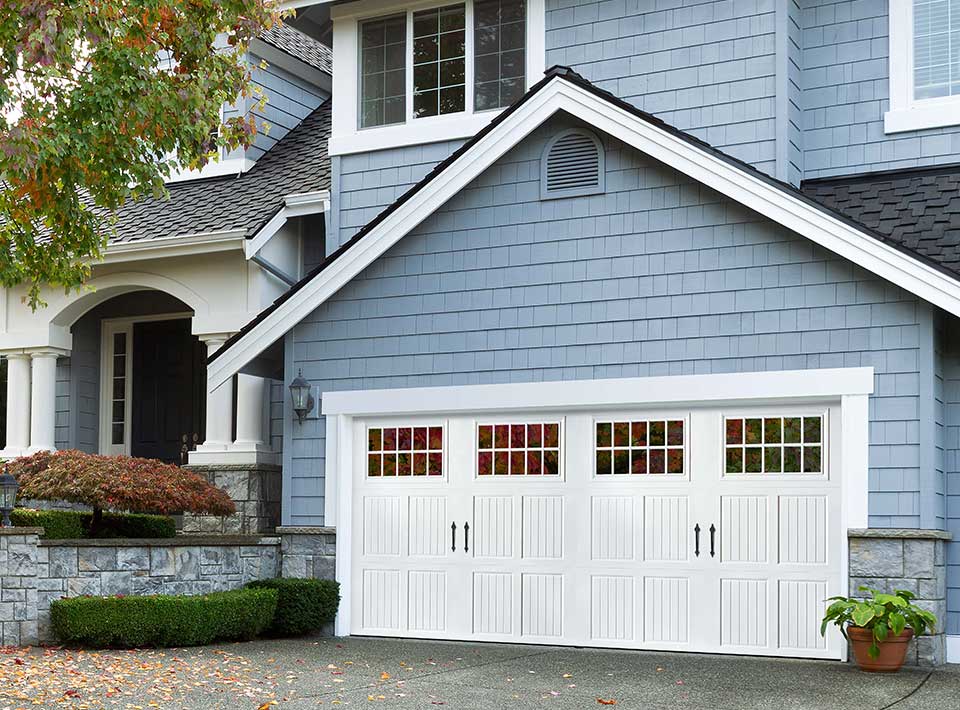When it comes to Garage Door Repair Parker CO, horsepower plays a crucial role in determining their performance and suitability for your garage door.

But how much horsepower does your garage door opener really need? In this comprehensive guide, we’ll explore the factors that influence horsepower requirements, how to calculate the right horsepower for your garage door opener, and other essential considerations to ensure optimal functionality.
Understanding Horsepower
Before we delve into the specifics of garage door openers, let’s clarify what horsepower means in this context. Horsepower is a unit of measurement that indicates the power output of an engine or motor. In the case of garage door openers, horsepower refers to the motor’s ability to lift and lower the door effectively.
Factors Affecting Horsepower Requirement
Several factors influence the amount of horsepower needed for a garage door opener to operate efficiently. The primary factors include the size, weight, and material of the garage door. Additionally, environmental factors such as temperature and altitude can impact horsepower requirements.
Calculating Horsepower Needs
Determining the appropriate horsepower for your garage door opener involves a simple calculation based on the door’s weight and size. By using a formula that takes these variables into account, you can estimate the minimum horsepower required for smooth operation.
Standard Horsepower Ratings
Residential garage door openers typically come in standard horsepower ratings ranging from ⅓ to 1¼ horsepower. Understanding these ratings can help you narrow down your options when selecting a new opener.
Matching Horsepower to Door Size
It’s essential to match the horsepower of your garage door opener to the size and weight of your door. An insufficient horsepower rating may strain the motor, leading to premature wear and tear and potentially costly repairs.
Considerations for Heavy Doors
If you have an oversized or heavy garage door, you’ll likely need a higher horsepower opener to ensure smooth and reliable operation. Heavy doors exert more force on the motor, requiring additional power to lift and lower them safely.
Energy Efficiency and Horsepower
While higher horsepower garage door openers offer greater lifting capacity, they also consume more energy. It’s essential to strike a balance between horsepower and energy efficiency to minimize operating costs.
Noise Levels
The horsepower of a garage door opener can significantly impact the noise levels during operation. Higher horsepower units tend to produce more noise, which may be a consideration if your garage is adjacent to living spaces.
Maintenance and Longevity
Proper maintenance is crucial for prolonging the lifespan of your garage door opener, regardless of its horsepower. Regular lubrication, alignment checks, and safety inspections can help prevent costly repairs and extend the longevity of your opener.
Cost Considerations
The cost of a garage door opener varies depending on its horsepower rating and features. While higher horsepower units may come with a higher price tag, they offer enhanced performance and durability, making them a worthwhile investment in the long run.
Choosing the Right Opener
When selecting a garage door opener, consider factors such as horsepower, type, features, and budget. By weighing these considerations carefully, you can choose an opener that meets your specific needs and preferences.
Installation and Professional Assistance
Installing a garage door opener, especially one with higher horsepower, requires precision and expertise. Hiring a professional installer ensures proper alignment, wiring, and setup, minimizing the risk of malfunctions and accidents.
Conclusion:
Choosing the right amount of horsepower for your garage door opener is essential for ensuring smooth operation and longevity. By considering factors such as door size, weight, and material, you can select an opener that meets your needs while minimizing energy consumption and noise levels.
Martin Garage Door
10411 S Parker Rd, Parker, CO 80134, United States
1-303-663-1310
